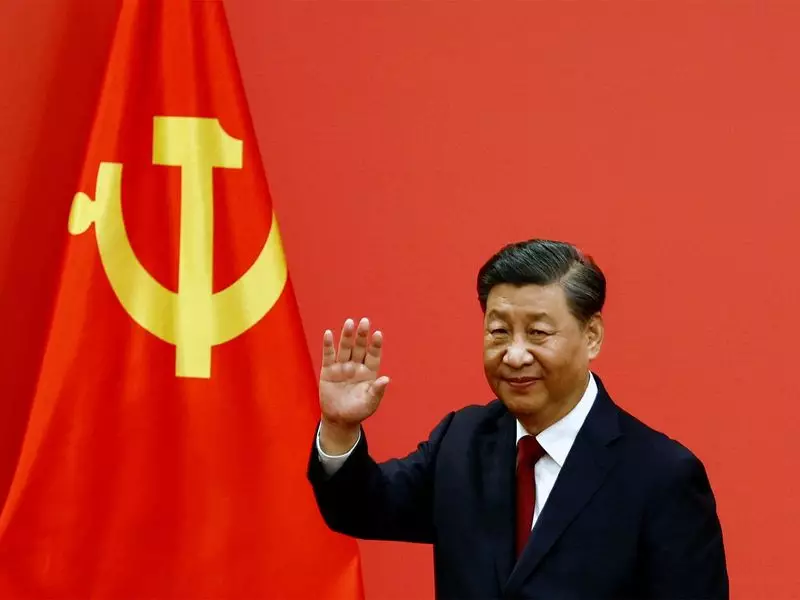
In a significant political development that has sent ripples through China's power corridors, several high-ranking Communist Party leaders faced dramatic demotions during the recently concluded Fourth Plenum. The meeting, which typically sets the tone for China's political direction, witnessed unexpected falls from grace that have left political observers analyzing the implications.
Major Leadership Reshuffle Rocks Chinese Political Landscape
The Fourth Plenum, a crucial gathering of the Communist Party's Central Committee, became the stage for what insiders are calling one of the most substantial political reshuffles in recent years. Senior party officials who once enjoyed considerable influence found themselves stripped of positions and authority in moves that underscore the relentless enforcement of party discipline under President Xi Jinping's leadership.
Unprecedented Political Purge Signals Tightening Control
Sources close to the proceedings reveal that the demotions were not merely administrative changes but represented a systematic purge of leaders perceived as insufficiently loyal or effective in implementing party directives. The swift nature of these actions demonstrates the central leadership's determination to maintain absolute control and eliminate any potential challenges to authority.
The political casualties included:
- Senior provincial-level leaders with decades of party service
- Officials previously considered rising stars within party ranks
- Several economic policy makers who had advocated for moderate reforms
- Regional administrators from strategically important provinces
Strategic Implications for China's Future Direction
Analysts suggest these developments indicate a consolidation of power that could significantly impact China's domestic and foreign policies. The removal of moderate voices from key positions suggests a potential hardening of China's stance on various international issues and a more centralized approach to economic management.
"The scale and speed of these demotions reveal much about the current political climate in Beijing," noted a China watcher who preferred anonymity. "We're seeing the continued emphasis on absolute loyalty over technical expertise or regional experience."
Broader Impact on Chinese Governance Structure
The reshuffle extends beyond mere personnel changes, potentially affecting policy implementation across various sectors. With experienced administrators being replaced, questions arise about the continuity of development projects and regional governance strategies that were previously underway.
The Fourth Plenum outcomes highlight the ongoing transformation of China's political system, where party discipline and ideological conformity increasingly take precedence over other considerations. This development comes at a crucial time when China faces multiple challenges, including economic headwinds and complex international relations.





